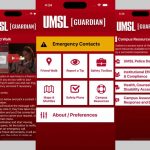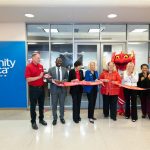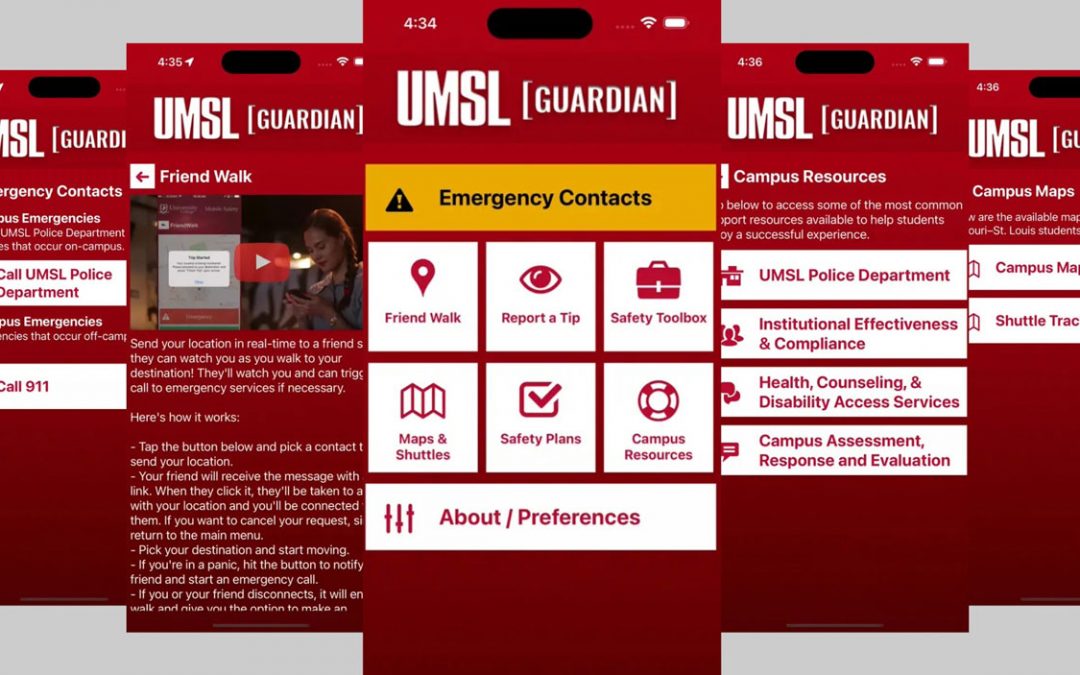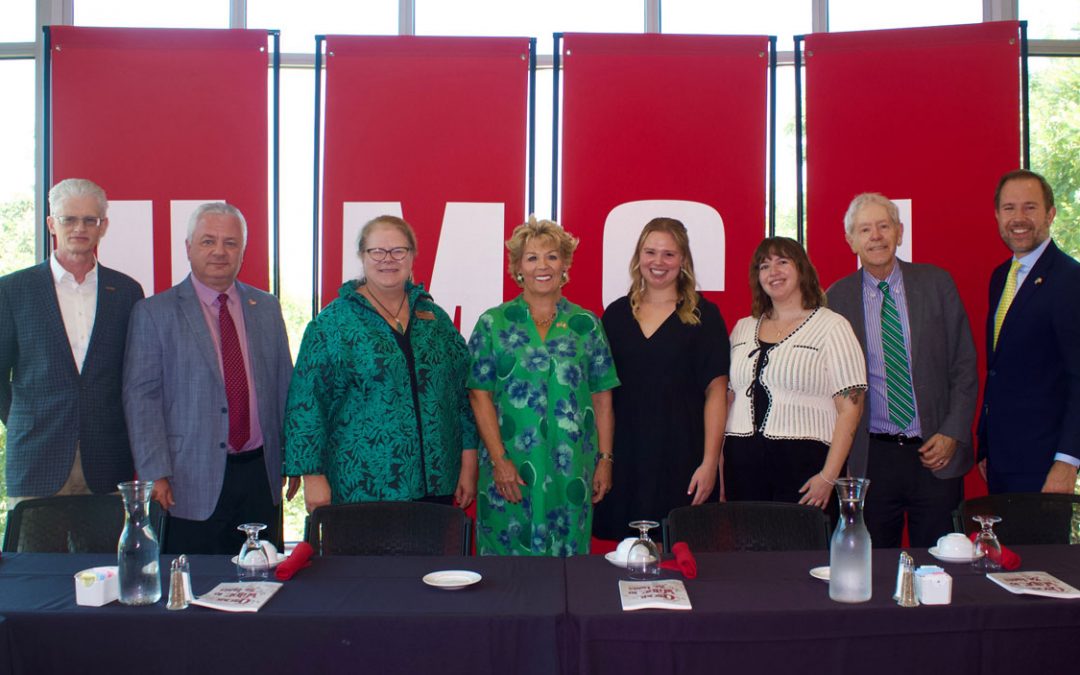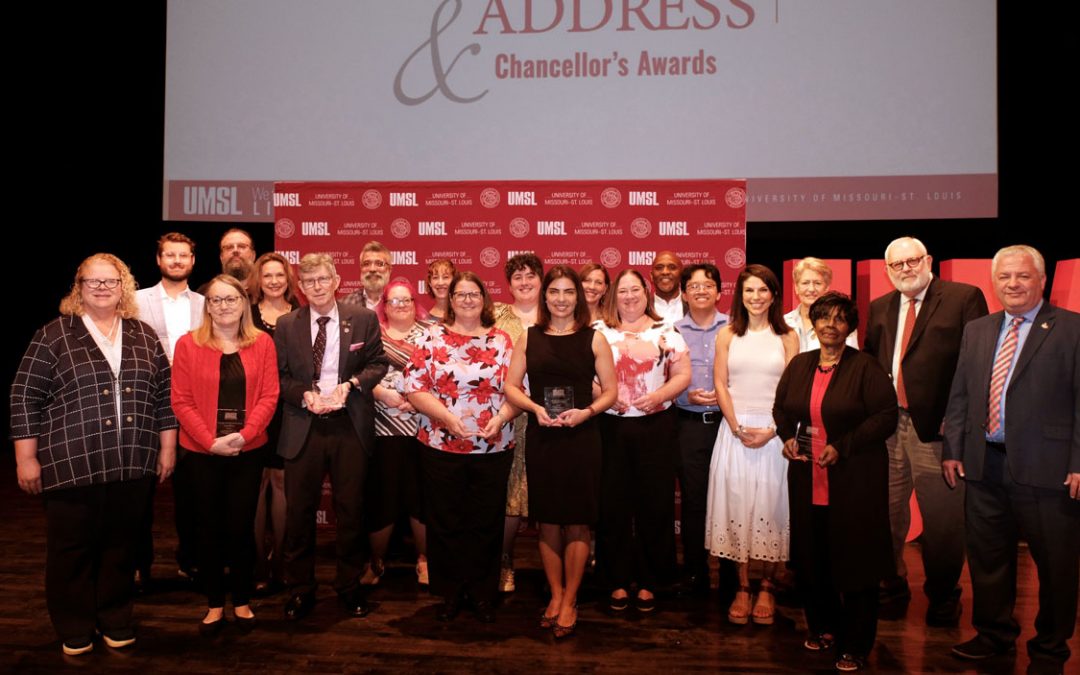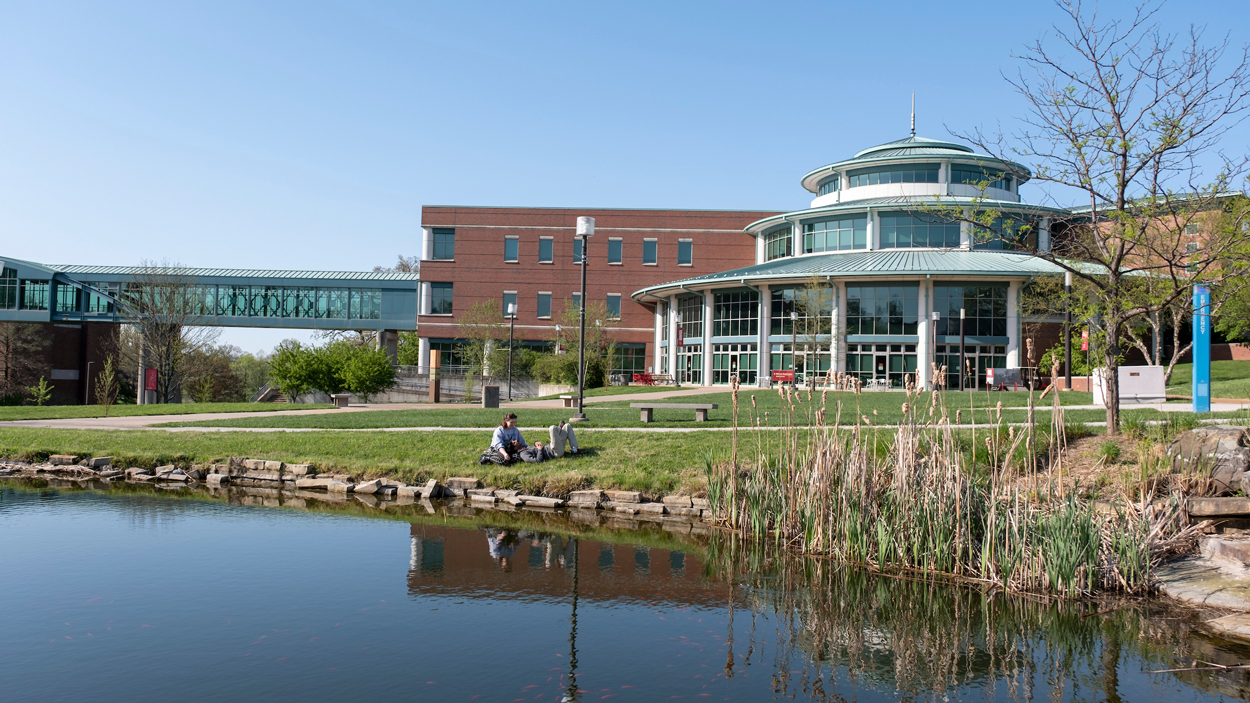
CounselingPsychology.org ranked UMSL’s Couple, Marriage and Family Counseling Graduate Certificate program as the No. 1 marriage and family therapy program in Missouri. UMSL’s counseling programs are CACREP accredited, which is the gold standard for counseling education. (Photo by Derik Holtmann)
The University of Missouri–St. Louis has proven itself to be a leader in counseling education.
The College of Education offers Council for Accreditation of Counseling and Related Educational Programs (CACREP) accredited counseling programs. UMSL has the only program with this accreditation on the doctoral level in the state of Missouri.
In addition to doctorate and master’s programs in counseling, the college also offers a variety of specialized graduate certificates to meet the region’s workforce demands.
In October, CounselingPsychology.org ranked UMSL’s Couple, Marriage and Family Counseling Graduate Certificate program as the No. 1 marriage and family therapy program in Missouri.
“It’s definitely exciting,” said Agata Freedle, assistant professor and coordinator of the program. “I think that, hopefully, it will bring more students to our program and increase its visibility.”
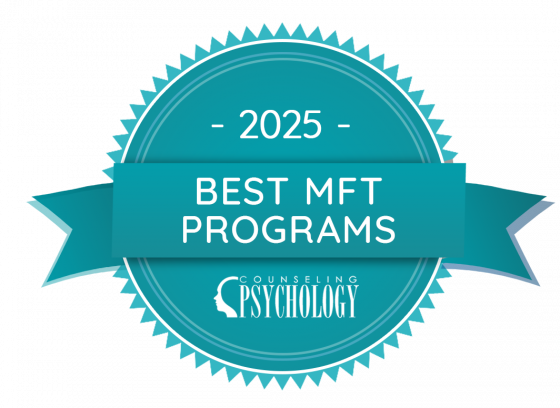 CounselingPsychology.org developed the rankings through a multifaceted assessment process that considered key criteria including quality, impact and effectiveness of programs. The methodology was designed to ensure a fair representation of each program’s strengths.
CounselingPsychology.org developed the rankings through a multifaceted assessment process that considered key criteria including quality, impact and effectiveness of programs. The methodology was designed to ensure a fair representation of each program’s strengths.
Freedle, who has a background working with families in clinical settings, came to UMSL in 2022 to take over the program from Rocco Cottone. The Curators’ Distinguished Professor Emeritus is a renowned counselor who has previously been named a fellow by the American Counseling Association, and Freedle credits the recent accolade to Cottone’s stewardship of the program over many years.
To earn certification, students complete three core courses and 300 hours of field or internship experience. The courses include Introduction to Systems in Counseling, Marriage and Relationship Counseling and Family Counseling. In the introduction course, students learn the basics of conducting therapy with couples and families and the most impactful in-field theories. Freedle noted that they also learn how to conduct case conceptualization using systemic theory, which is a very different mode of thinking compared to working with one individual.
The two advanced classes are more hands-on, and students have opportunities to practice the skills they learn in the introduction course. After completing the three classes, students move on to field or internship experiences, where they spend 120 of the 300 hours in direct client contact.
Freedle said the program typically attracts students in the clinical mental health counseling program who want to specialize in couples or family counseling. However, many professionals in the field also enroll in the program to augment or provide flexibility in their practice. Freedle added that the curriculum can be useful in areas such as youth counseling and school counseling, as well.
“I think it’s a helpful perspective for all students to have,” she said. “But definitely when you’re working with students, I think they realize that when they want to work with children or adolescents you’re always going to work with the parents as well?”
Ultimately, Freedle attributes the ranking to the program’s focus on real-world experience and high standards, exemplified by CACREP accreditation.
“It’s a very hands-on program, especially those two more advanced classes,” Freedle said. “We really spend a lot of time making sure that students have skills, not just understanding of theories, but actual skills to work with couples and families.”


